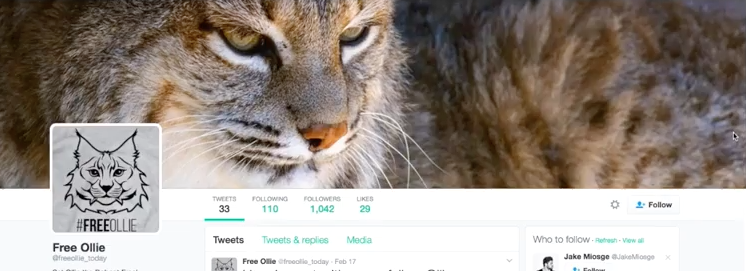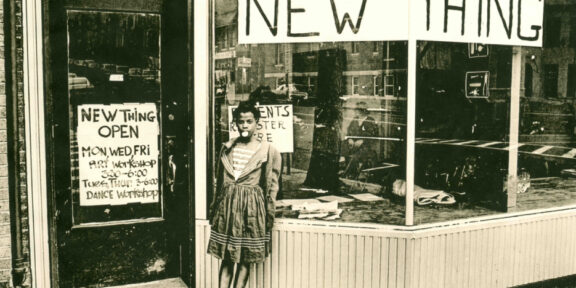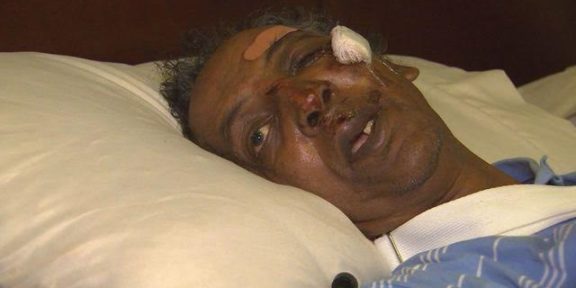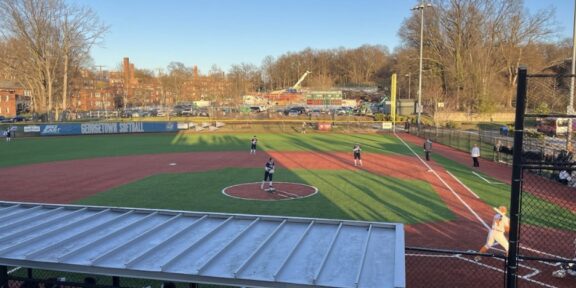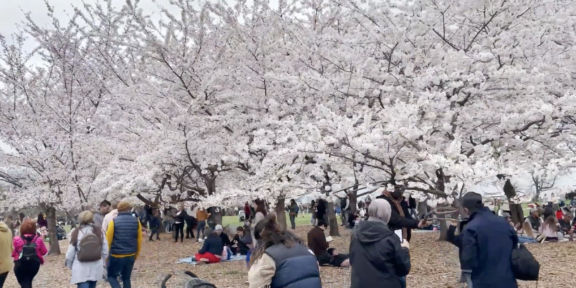Parts of Northwest D.C., including Dupont Circle and Columbia Heights, led the city in reported hate crimes in 2010, according to the Metropolitan Police Department.
More than one-third of reported bias-related crimes took place in the Third District, which includes Adams Morgan, Cardozo-Shaw, Columbia Heights, Dupont Circle, Farragut North, Kalorama, Logan Circle and Mount Pleasant.
“Crimes against people are really terrorizing this community,” said A.J. Singletary, chair of Gays and Lesbians Opposing Violence (GLOV), at a public forum Tuesday night.
“I’m from the South, from Arkansas. Growing up in that atmosphere I expected to experience opposition to who I am,” Singletary said, “Hate crimes here are worse than where I grew up.”
The forum addressed the prevalence of violent hate crimes and bias-related crimes in the area, and was hosted by the Northwest Columbia Heights Community Association. The forum included a panel discussion with members of the MPD, the Mayor’s Office on Latino Affairs and GLOV D.C. It encouraged discourse among local leaders and residents about what can be done to raise awareness and action on the issue.
Some residents were skeptical of the city’s efforts to deter and respond to these types of crimes, which the police department identifies as crimes that demonstrate a prejudiced based on an individual’s actual or perceived race, nationality or sexual orientation and other factors.
One skeptic is Sampson McCormick, a 25-year-old, gay man who says he’s experienced several hate acts, including a situation in which a gun was pulled on him.
“The city isn’t working as hard as it needs to in all communities,” said McCormick, who lives in Ward 5. “It’s a situation that’s ignored in African-American communities.” “They might say something is a hate crime here [in Columbia Heights]. It might occur the same way in the neighborhood like where I live at … but they won’t address it as a hate crime they’ll address it simply as black-on-black crime,” McCormick said. “But it’s still a hate crime.”
As a Latina and resident of Columbia Heights for more than 30 years, AnaElsa Avilés also says more can be done.
“My sense is that it’s been a pretty steady problem that we need to address,” Avilés said. “We need a lot more people in the community and also community service agencies.”
In an effort to target bias and hate crimes, the police department established the D.C. Bias Crimes Task Force in 1996. In 2000, the department created the Gay and Lesbian Liaison Unit (GLLU), which includes gay and lesbian staff members to serve the lesbian, gay, bisexual and transgender community.
“We’re working to improve our skills and cultural competence in service to the LGBT community,” said Sgt. Carlos Mejia, a member of GLLU and the Latino Liaison Unit.
In the last two years, the police department has required its officers to undergo specialized training, which includes a five-day course on all the special liaison units, and an advanced three-day course that is conducted by members of the LGBT community.
At the end of recruit training, officers must also demonstrate their understanding of how to serve particular communities in a final comprehensive exam.
One issue the panel discussed was the relationship between hate and bias crimes against gays and Latinos.
“When Carlos became the lead of the gay and lesbian unit, one of the things we talked about was the overlap of crimes that happen in both of our communities,” said Chris Farris, former chair of GLOV.
Panelists identified several similarities between crimes in the two communities, especially a reluctance to go to the police.
“People know that a lot of what we call undocumented or illegal aliens may be walking around with cash, so they become targets,” Avilés said. “Unfortunately, because people don’t know their rights or they’re afraid of going to the police … they don’t report the crime.”
McCormick says he is often reluctant to report incidents to the police. “Honestly, I don’t call them all the time because they don’t respond positively all the time,” he said.
These sorts of responses hinder the police department’s efforts to combat such crimes.
“We know that there are a lot of crimes going on … but for numerous reasons they aren’t reported,” Mejia said, noting that part of the GLLU’s job is to encourage citizens to report crime.
The Bias-Related Crime Act of 1989states that in order for an act to be labeled as a hate or bias-related crime, it must be reported to the police.
It takes only one reported incident to have an impact because of the “domino effect,” said Sgt. Brett Parson of the Sixth District.
“Once one crime is reported in an area, other people affected by that crime feel more empowered to report that crime.”

